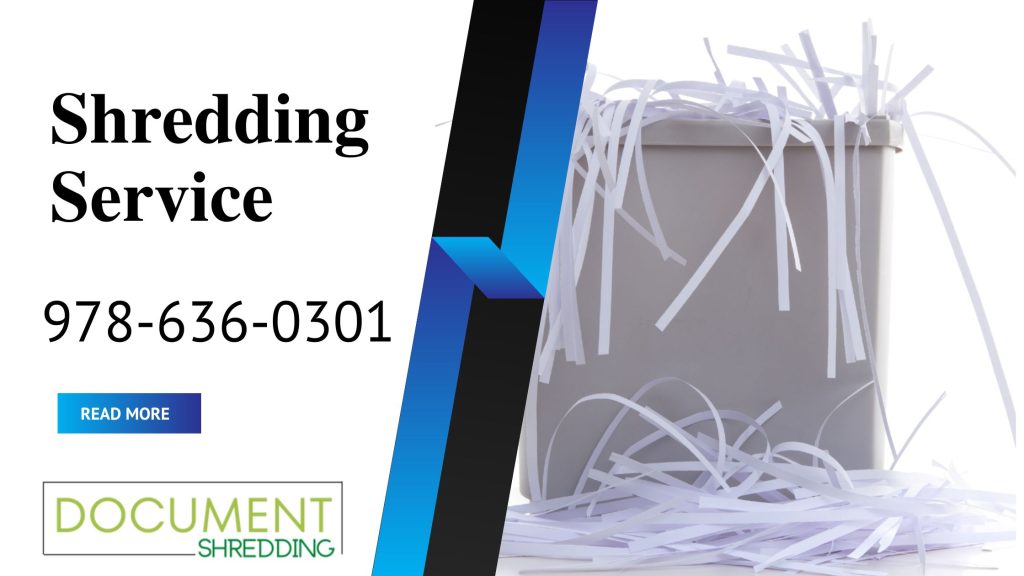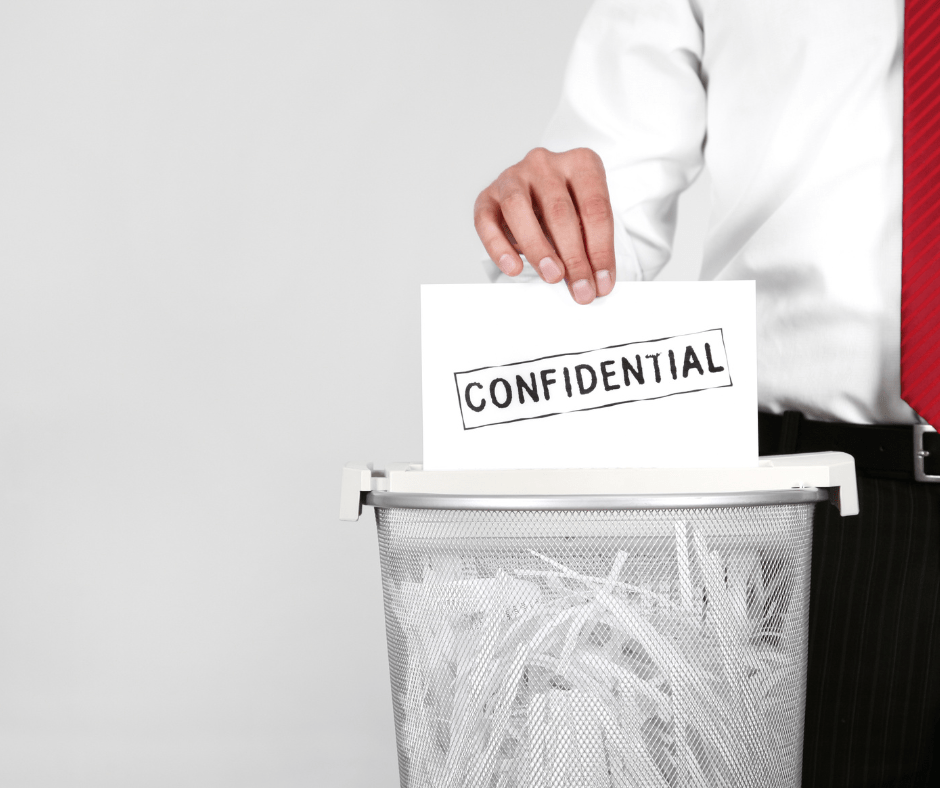Whether you are a business owner or self-employed, you may need to keep your insurance records for tax purposes. The amount of time you need to store your records varies from policy to policy. For example, if you have a car insurance policy, you’ll want to keep the information until your renewal date.
The main document for a policy includes information about your coverage limits. You’ll also want to keep this document for a year or two. It’s a great way to verify that your deductibles have been met, and it can be used to compare bills. Some insurance companies don’t offer digital access to policy documents, and you might have to keep the paper copy. If you don’t have digital access to the main document, you should keep it for a year or two until you can get a digital copy. If you don’t need to get a digital copy of your insurance documents, you can ask your insurer for a replacement. In some cases, insurance companies are willing to provide you with a paper version of your policies, as long as you pay the cost. However, you should not rely on paper documents to file a claim. Getting a digital copy of your insurance documents can make your claim easier to file.

HowTo Shred Personal Documents
Identity theft is a growing problem in the U.S., and there are more and more ways to protect yourself from fraud. One way is to shred your personal documents. These can include credit card statements, bank statements, phone bills, and medical records. This is especially important for those who pay their bills online.
You can use a crosscut shredder to shred your personal documents. This type of shredder cuts pages into small pieces that make it more difficult for thieves to recover the information. It’s also a good idea to have your documents shredded in a secure location, such as a fireproof safe or a climate-controlled space. This will prevent mold or fading of your documents. There are also different rules for keeping certain types of personal documents. Some things to consider are how long they should be kept, how you should store them, and how you can identify the information contained in the documents. The Retention Guide for Small Businesses provides guidance on this issue.
You should also know which documents to shred. Some of these include tax documents, credit card statements, and utility bills. These can contain sensitive information, such as account numbers, balances, and contact information. If you have a paper trail in your life, you’ll probably find yourself deciding on a lot of financial decisions. You may even have to prove your identity.
When you decide to shred your old insurance documents, you can do so in your home. Many cities, office stores, and retailers provide shredding services, and you can also purchase a home shredder. Some retailers and banks have free days to shred your documents, and you can always take advantage of that to shred your old documents.

